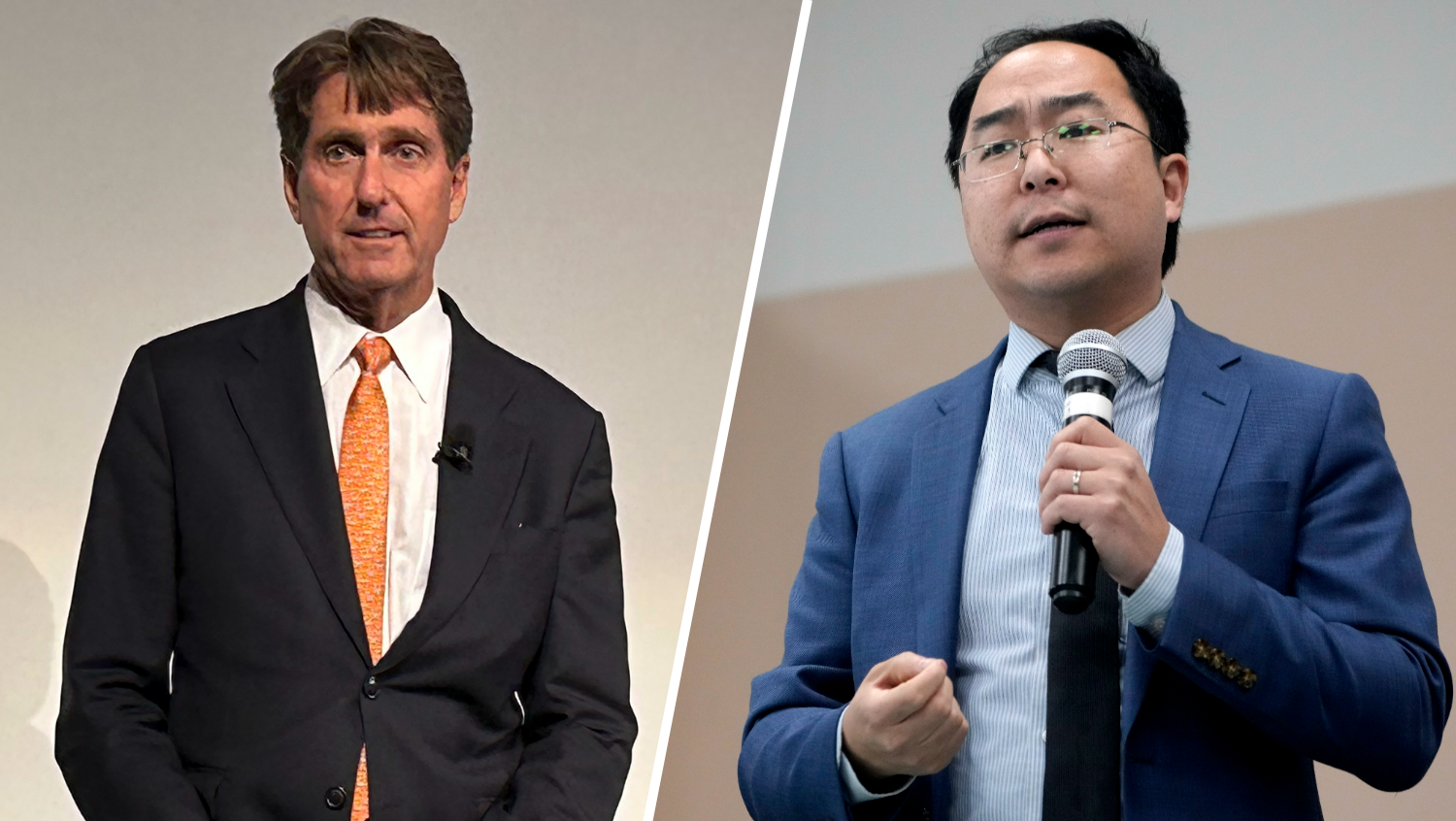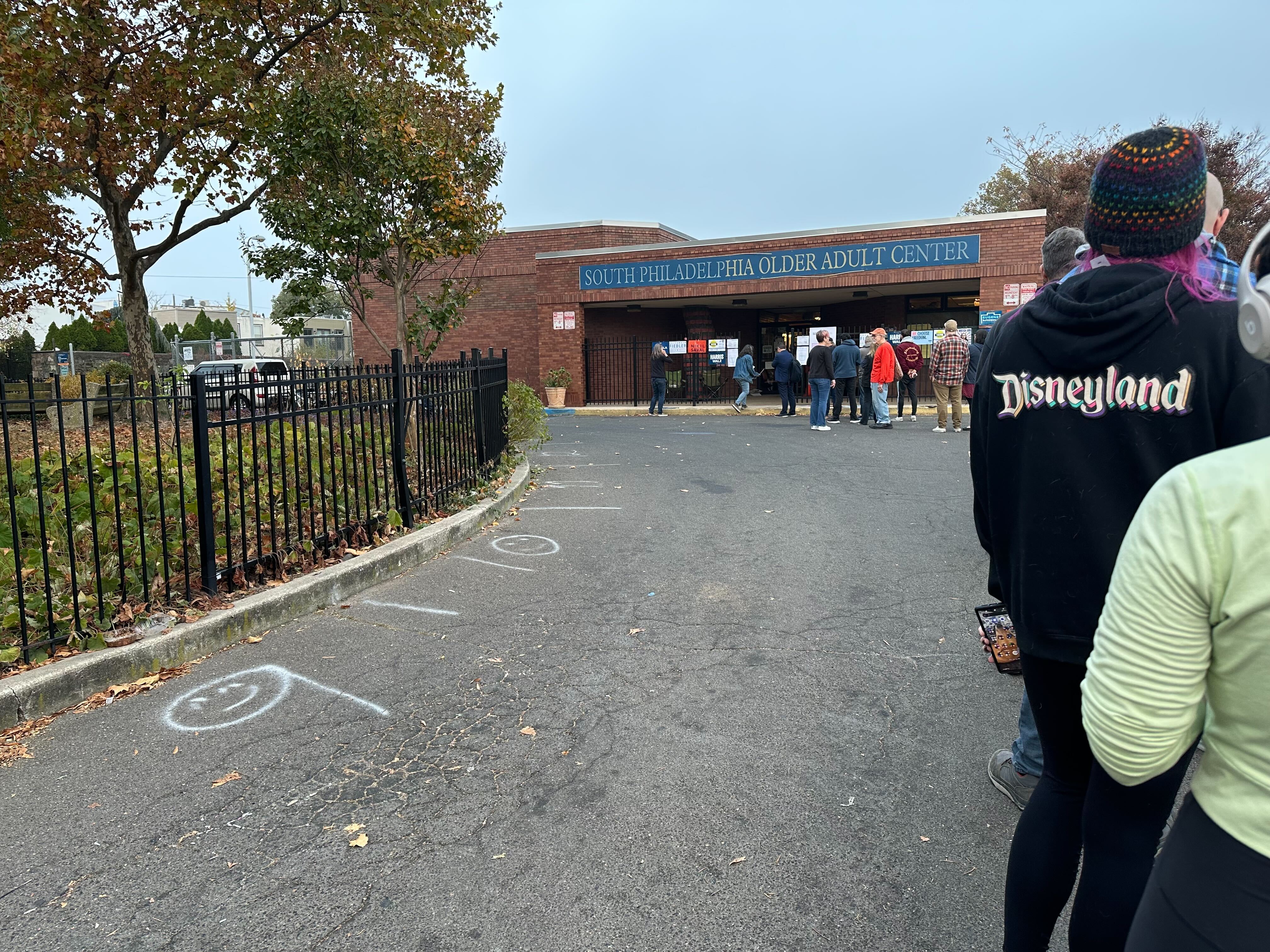Philadelphia’s Rodin Museum is the legacy of theater mogul Jules Mastbaum who became drawn to the work of master sculptor Auguste Rodin after visiting the Musee Rodin in Paris in 1924.
“He went to the Rodin Museum in Paris and fell in love with the work of Rodin, so much so that he carried a small piece out in his pocket, and that was the start of a collection that would be over 200 sculptures and about 600 drawings by Rodin,” Jennifer Thompson, the Rodin Museum curator said.
Mastbaum loved Rodin’s creations so much he chose to share the sculptor with Philadelphia by building a museum.

Get top local stories in Philly delivered to you every morning. Sign up for NBC Philadelphia's News Headlines newsletter.
“We often think of ourselves in Philadelphia as being the little sister of our muse the Musee Rodin in Paris. Which is a much larger collection than we do…but we’re quite unique in that our building and the whole site was designed to show the work of Rodin,” Thompson said.
The Musee Rodin in Paris is an 18th century Parisian mansion where Rodin actually worked, had his studio and modeled his masterpieces with clay.

Rodin discovered the site of the Paris museum in 197 and spent the last years of his life creating the museum people see today.
Local
Breaking news and the stories that matter to your neighborhood.
He wanted that to be where his work was showcased because of all the gorgeous, natural light, similar to the Rodin Museum in Philadelphia.
“When you enter the grounds you see first, I guess ‘The Thinker’ on your right-hand side just like if you were on the Benjamin Franklin Parkway,” Amelie Simier, the Musee Rodin Paris director, said.
The only difference between the Rodin in Paris and Philadelphia is that just above the head of “The Thinker” in Paris is the Eiffel Tower.

Simier traveled to Philadelphia to see the only other Rodin Museum in the world.
“I was just bowled over to see the beauty of it all, the beauty of the garden that welcomes you first, so perfect,” she said about the Philadelphia museum. “Being attracted by the thinker, then the garden of the pool, then gate of hell right there in front, that was so attractive.”
“There’s something that’s so powerful, so human about his work, that it speaks to us 100 or more years later,” Thompson said.
This is the latest installment in the French Connections: Paris and Philly series that airs every week on Wednesdays at 7 p.m. and 11 p.m. leading up to the Paris 2024 Summer Olympics.



